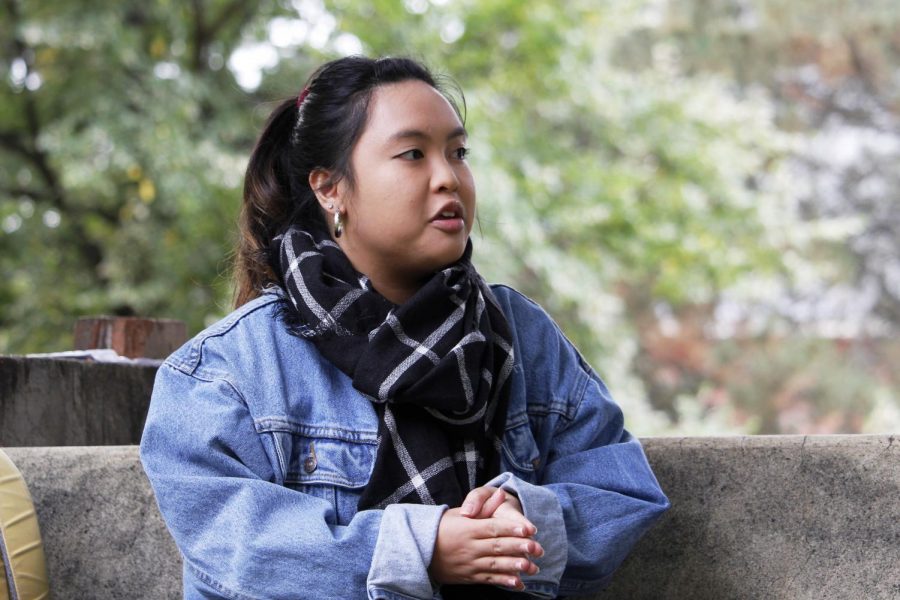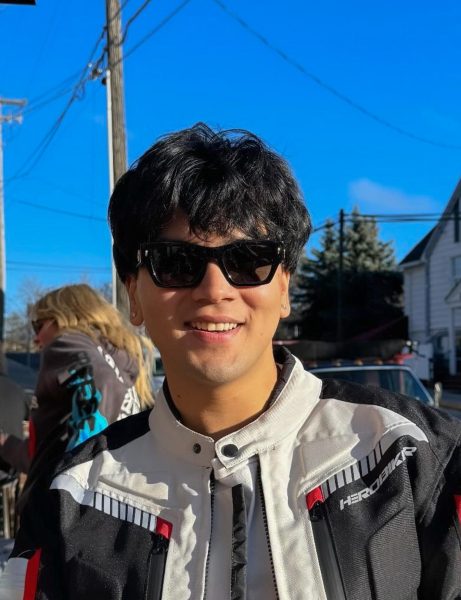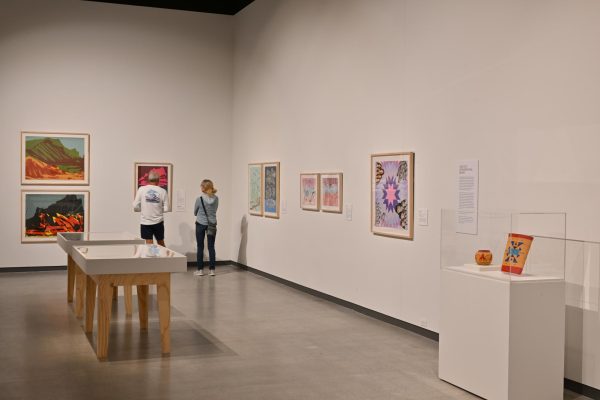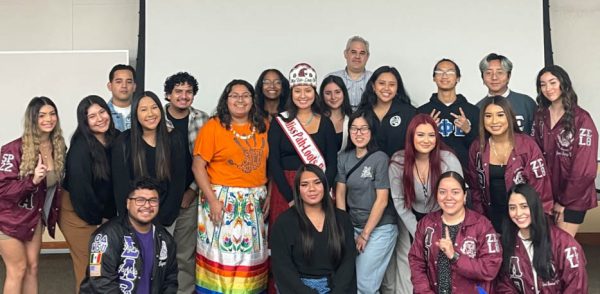Let’s discuss stereotypes in media
Portrayals continue to misrepresent ethnic groups, dialogue leads to change
EUGENE LEE | THE DAILY EVERGREEN
Caitlin Carbonell, vice president of Chi Delta Sigma, talks about raising awareness toward breaking stereotypes Thursday outside of Murrow Hall.
October 11, 2018
Media is a strong influencing factor and provides a representation of how people view the world and each other, sometimes in a negative light. An example of this would be how certain ethnic groups are displayed in news today.
“Say, for example, a crime story when somebody is accusing [someone else], you don’t mention the race if it’s the dominant race,” said Somava Pande, a communication instructor at WSU. “When it’s a minority, you always see that in media [and] their race is mentioned.”
Pande said actors and actresses who are minorities are often objectified in a certain way when playing roles in movies, such as Latinas and Latinos rarely being shown as smart or someone who can “take over the world.”
“For example, they are more here to do the job of a babysitter or maybe to work in hotels as maids,” Pande said while referencing Jennifer Lopez’s career as an actress when she played a similar role in the movie “Maid in Manhattan.”
However, people may not be as aware of these stereotypes in media, particularly gender roles. Caitlin Carbonell, a senior sociology major at WSU, became more aware of these differences in society when she began studying sociology during her first year.
“I had some sense of [stereotypes prior to taking a sociology class] … we had to watch a movie called ‘Miss Representation,’ ” Carbonell said. “It’s the take on representation of women in media … but it also shows men that they [also] have to hold themselves to a standard.”
She said while women have to conform to societal beauty standards and etiquette, men have to be hyper-masculine to fit into a stereotypical male role.
Carbonell said we have progressed as a society when portraying race in media, such as in “Black Panther” and “Crazy Rich Asians.” Additionally, the movement of intersectional feminism, which fights for racial representations, is becoming more apparent.
However, this does not mean we can stop talking about the stereotypes that continue to be prevalent in our society just because of the growing representations in movies.





















